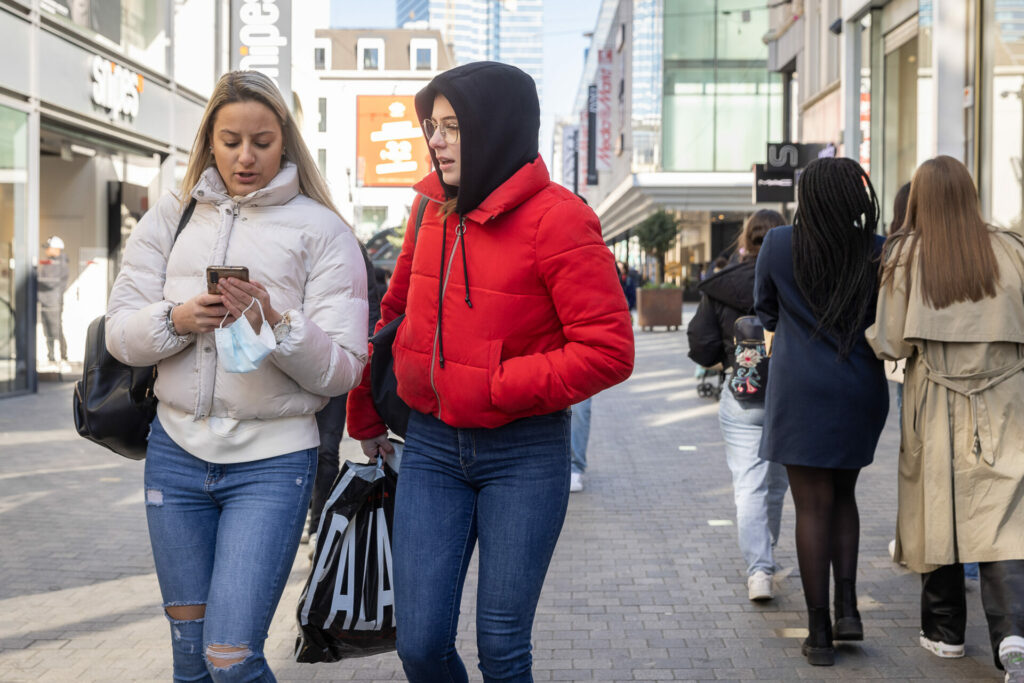A Brussels university has launched an app to better register women's experiences on the street in order to systematically tackle the issue of safety. In spite of Brussels authorities having recently started stepping up efforts to design female-friendly spaces, many women continue to feel unsafe on its streets.
The Dutch-speaking university in Brussels (Vrije Universiteit Brussel/ VUB) has freed up more than half a million euros for its "MOMENT-GPS project" which focuses on mapping feelings of vulnerability in the European capital, more specifically looking into gender-based discrepancies when it comes to feelings of vulnerability.
"Brussels scores poorly when it comes to women's sense of safety on the streets," said project leader Professor Theun Pieter van Tienoven of the university's sociology research group TOR. "There are a few good explanations for this: our cities are designed by men, and since the energy crisis, street lighting has been switched off in many places," he added.
While Brussels is already working to make the city more female-friendly by involving more women in deciding the design and layout of urban infrastructure, a more widespread understanding of their experiences in the cities is needed, which is what VUB is aiming to obtain.
On-the-spot reporting
One of the main obstacles preventing research into incidents of violence and harassment against women is the fact that victims often are not given a chance to discuss what they experienced quickly enough. "Smaller incidents very often go unreported as a result. To tackle this issue, we want to do on-the-spot measurements of experiences and perceptions," said Van Tienoven.
The VUB researchers are now working to develop an app that measures the perceived sense of safety at a particular location at set times, allowing participants of the study to give the location a score, giving others a "unique geographical picture of the feeling of safety in the various neighbourhoods" over time.
Related News
- 'Attitudes are changing': Reports of sexual violence surge across Belgium
- From Brazil to Sweden, women's rights in decline worldwide
This will allow the researchers to reveal differences in the feeling of safety through the seasons or throughout the day. "A place that seems unsafe during the winter when it is dark may have a very different feeling during summer. Similarly, an intervention designed to improve the feeling of safety may work during the day, but not at night," Van Tienoven explained.
It is hoped the study will result in the creation of a more generalised safety barometer for Brussels designed by the region itself. The app is not necessarily intended for women alone, as it is hoped the app can also be used in other cities and to map other forms of discrimination, such as racial discrimination.

